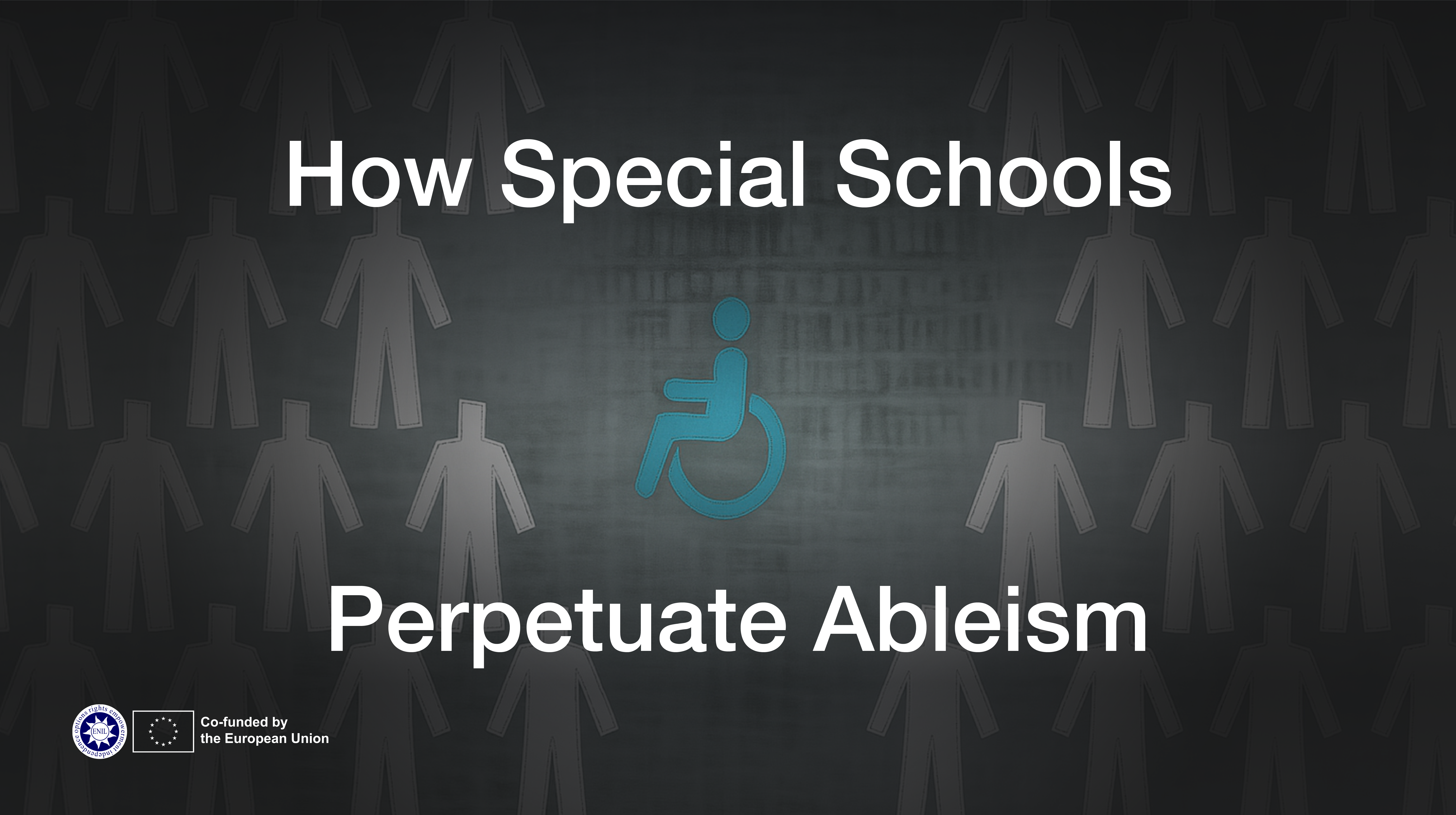On the 24th of July, the Department for International Development of the UK (DFID), the Government of Kenya and the International Disability Alliance (IDA) organized the first Global Disability Summit in London. ENIL was represented at the Summit by Zara Todd and our Board Member Nadia Hadad was there as a member of the European Disability Forum’s Executive Committee. In addition to being at the Summit, ENIL supported the “festival of resistance” – a protest organized by Disabled People Against the Cuts (DPAC) and other DPOs to highlight the hypocrisy of the UK Government and its contempt for the UN Convention on the Rights of Persons with Disabilities (CRPD).
Before the Summit, a Civil Society Forum provided an opportunity to highlight current issues and barriers to real inclusion and being able to live in dignity in the community.
The Summit itself was attended by hundreds of ministers, DPOs, NGOs, charities, CEOs of private sector organizations, delegates of multilateral agencies, and donors. They were all invited by DFID to sign “The Charter for Change”, a list of 10 steps ‘to ensure the rights, freedoms, dignity and inclusion of all persons with disabilities’. The list, which you can find in this link, asks to move from rhetoric to action through the implementation of the CRPD and the delivery of the SDGs for disabled people.
The programme of the Summit focused on four themes: Dignity and respect for all, Inclusive education, Economic empowerment and Harnessing technology and innovation. There were three crosscutting themes -‘Women and girls with disabilities’, ‘Conflict and humanitarian Context’ and ‘Data disaggregation’ – and two spotlight sessions addressing eight issues such as gender, inclusive leadership and development, Syria or sexual and reproductive rights of disabled people.
By the end of the Summit, the national and international attendees compiled an ambitious list of 170 concrete commitments on disability inclusion. The UN, for instance, declared its intention to publish a disability accountability framework during the next year and shared its action-plan for the inclusion of disabled people. Nine national governments committed to pass or formulate new or revised laws for disability rights. The Government of Kyrgyzstan committed to ratify the CRPD by 2021 or 2022. Seventeen national governments committed to create and implement inclusive education sector policy and plans, etc. You can find the complete list of commitments by following this link.
Importantly, IDA and DFID took the initiative to establish an online platform to track all the commitments, to ensure they are delivered as promised.
There was significant opposition to the organization of the Summit by the UK Government from British civil society organisations and DPOs, as mentioned at the beginning of the article. Disabled activists held a “festival of resistance” outside the event to highlight the hypocrisy of it being co-hosted by the UK Government. Paula Peters, a member of DPAC’s national steering group, said: “It is important to be outside the Global Disability Summit to show the true nature of what the UK government are doing to disabled people with their austerity agenda.”
When activists from DPAC, supported by ENIL and EDF, tried to enter the Summit to disseminate their statement, they were stopped by the security team. Nevertheless, many of the delegates were given the leaflet despite this.


